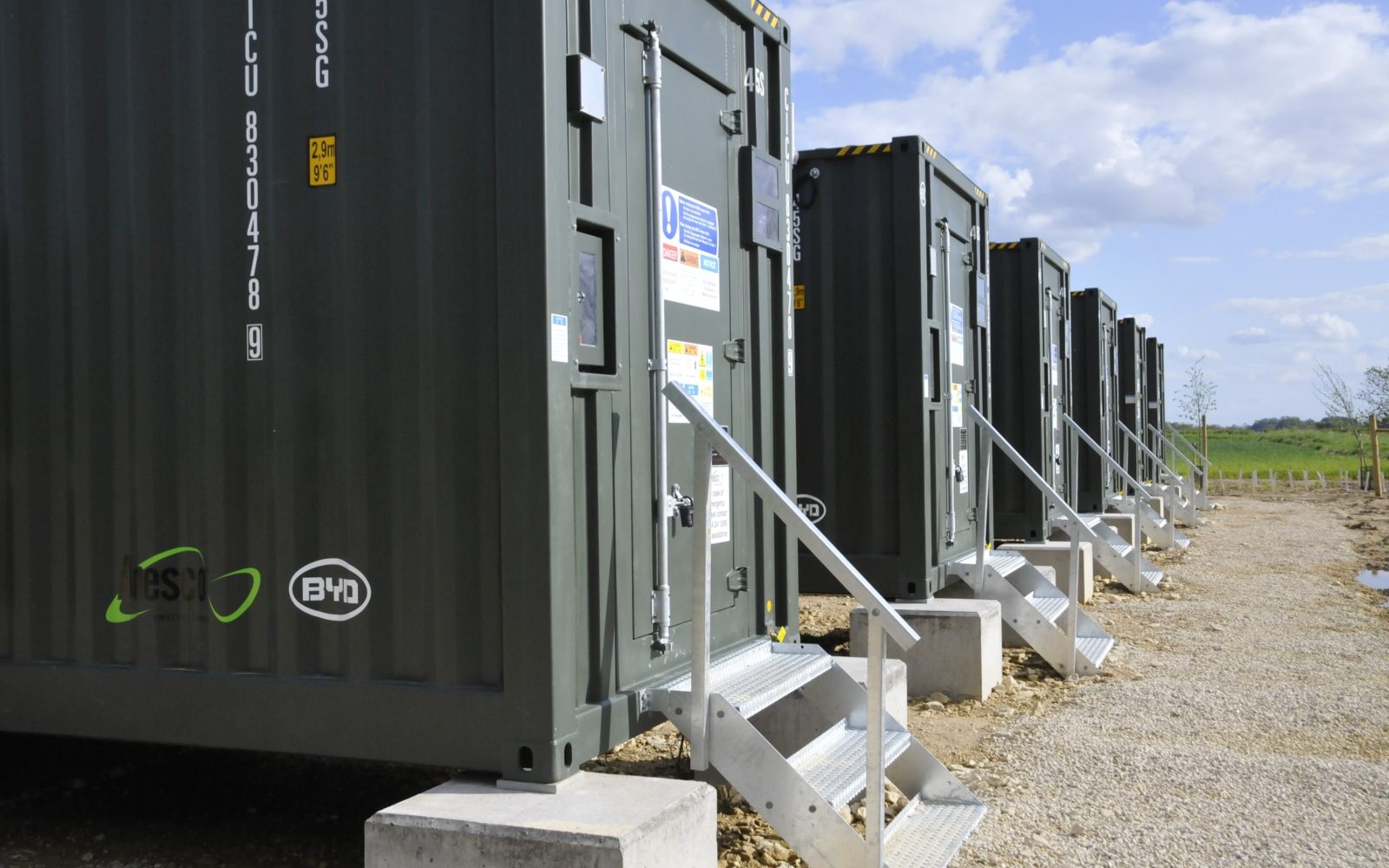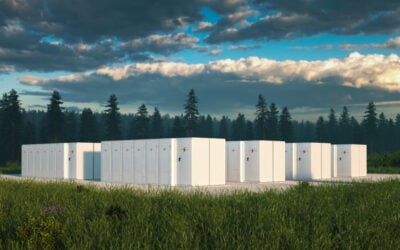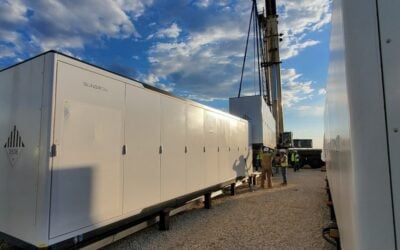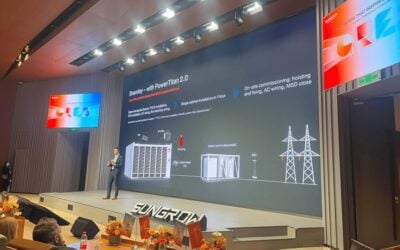
A £55 million (US$67.8 million) fund has been earmarked for five projects in the UK looking at developing the next generation of battery storage technology.
The government-led Faraday Institution has allocated the funding to five consortium-led projects with the aim of overcoming battery challenges, in particular by improving performance and cost characteristics. The projects will look at chemistries, systems and manufacturing methods of batteries used for grid storage, electric vehicles and other applications.
Enjoy 12 months of exclusive analysis
- Regular insight and analysis of the industry’s biggest developments
- In-depth interviews with the industry’s leading figures
- Annual digital subscription to the PV Tech Power journal
- Discounts on Solar Media’s portfolio of events, in-person and virtual
Or continue reading this article for free
The projects are expected to run over a four-year period, split into four focus categories:
Next generation lithium-ion cathodes
Two projects will explore this focus. The first, dubbed FutureCat, is being led by the University of Sheffield. It is looking to deliver cathodes that hold more charge and are better suited to withstanding prolonged cycling, as well as promote ion mobility. This would increase the durability of the battery and the range and acceleration of an electric vehicle.
The second project, CATMAT, is to be led by the University of Bath, with the intention of discovering novel cathode materials, scaling up the synthesis of the most promising materials and assimilating them into fully integrated battery cells to demonstrate performance.
Lithium-sulfur technology
UCL is to lead this project, which aims to enable “rapid” improvements in lithium-sulfur technology, which it says could take batteries beyond the “inherent limitations” of lithium-ion, which is the current dominant chemistry in electric vehicle batteries.
Next generation sodium ion
Led by the University of St Andrews, this project aims to accelerate the development of sodium ion batteries and put a safe sodium ion battery with high performance, low cost and a long cycle life onto the path to commercialisation.
Next generation electrode manufacturing
The Nextrode project – led by the University of Oxford – will develop new manufacturing tools to create a new generation of smart, high performance electrodes in the hope of enabling EVs with longer range and more durable batteries.
This is the second round of funding from the Faraday Institution, having awarded £42 million to four projects in 2018.
The four existing projects are focused on improving current generation lithium-ion battery chemistry, performance and recyclability and addressing the scientific barriers facing the commercial realisation of sold-state batteries.
The Faraday Battery Challenge is part of the UK government’s Industrial Strategy Challenge Fund. The government pledged £246 million towards Faraday in total when launching the fund in 2017.
Neil Morris, CEO of the Faraday Institution, said the research is being done with “a sense of urgency”.
“It is imperative that the UK takes a lead role in increasing the efficiency of energy storage as the world moves towards low carbon economies and seeks to switch to clean methods of energy production,” Morris continued.






